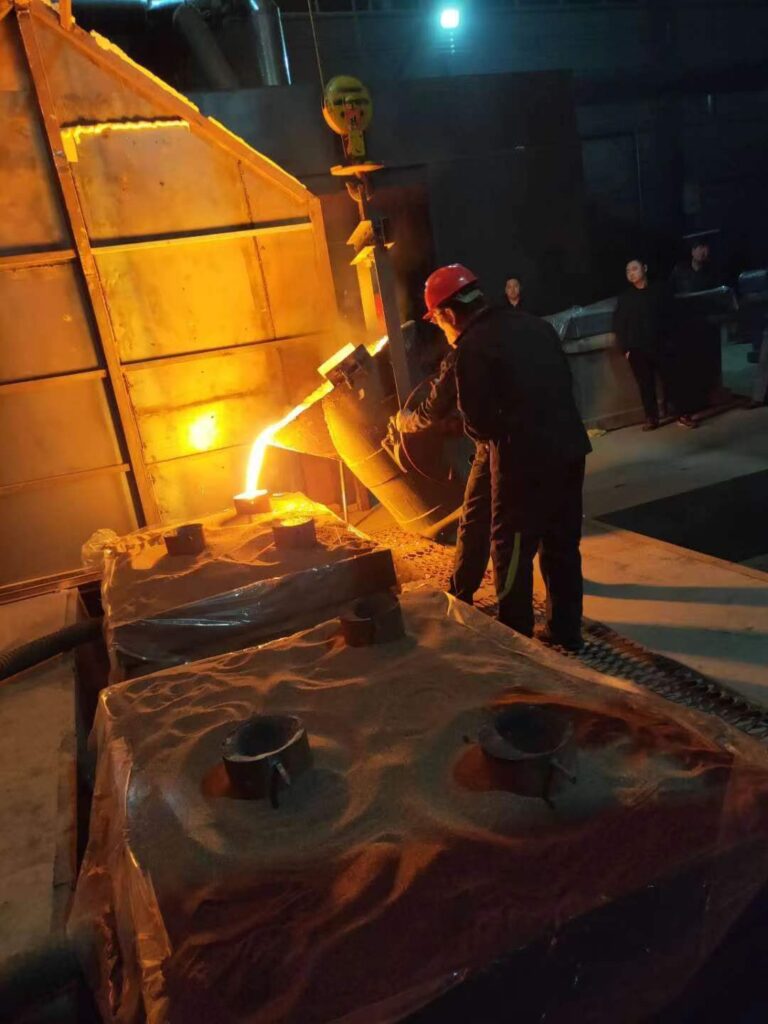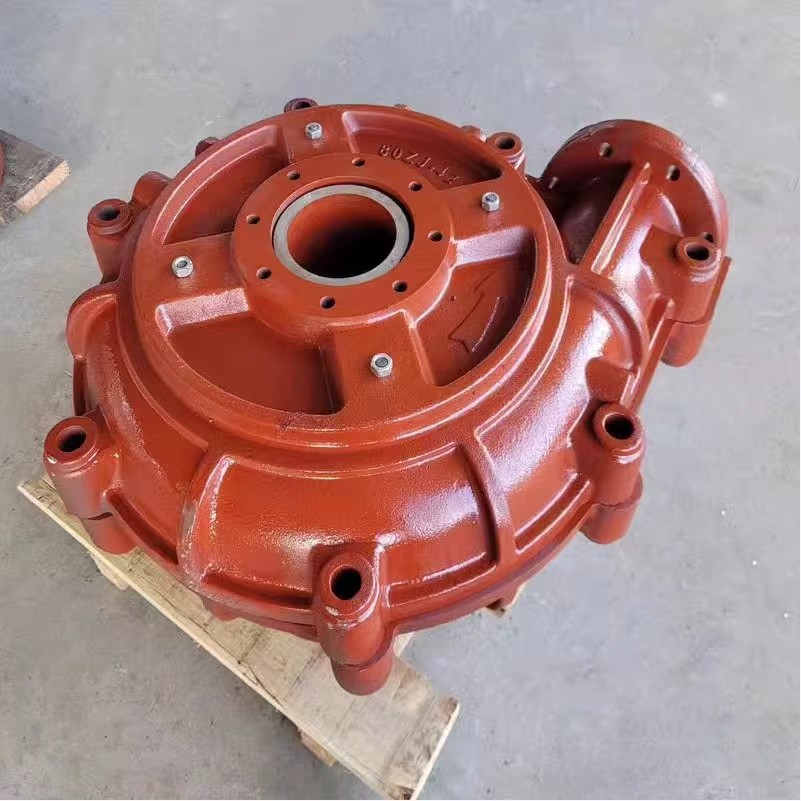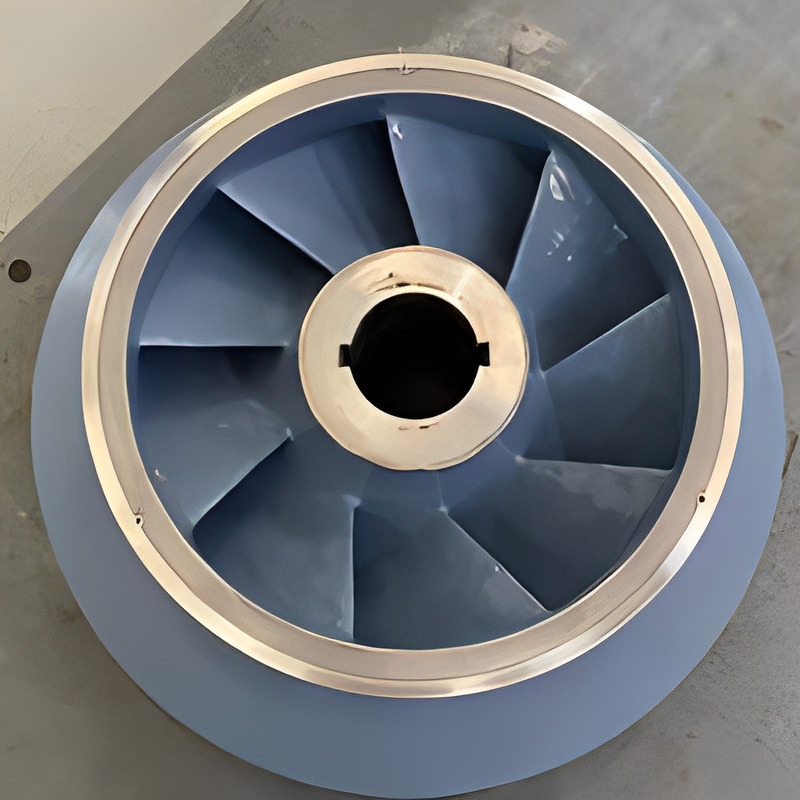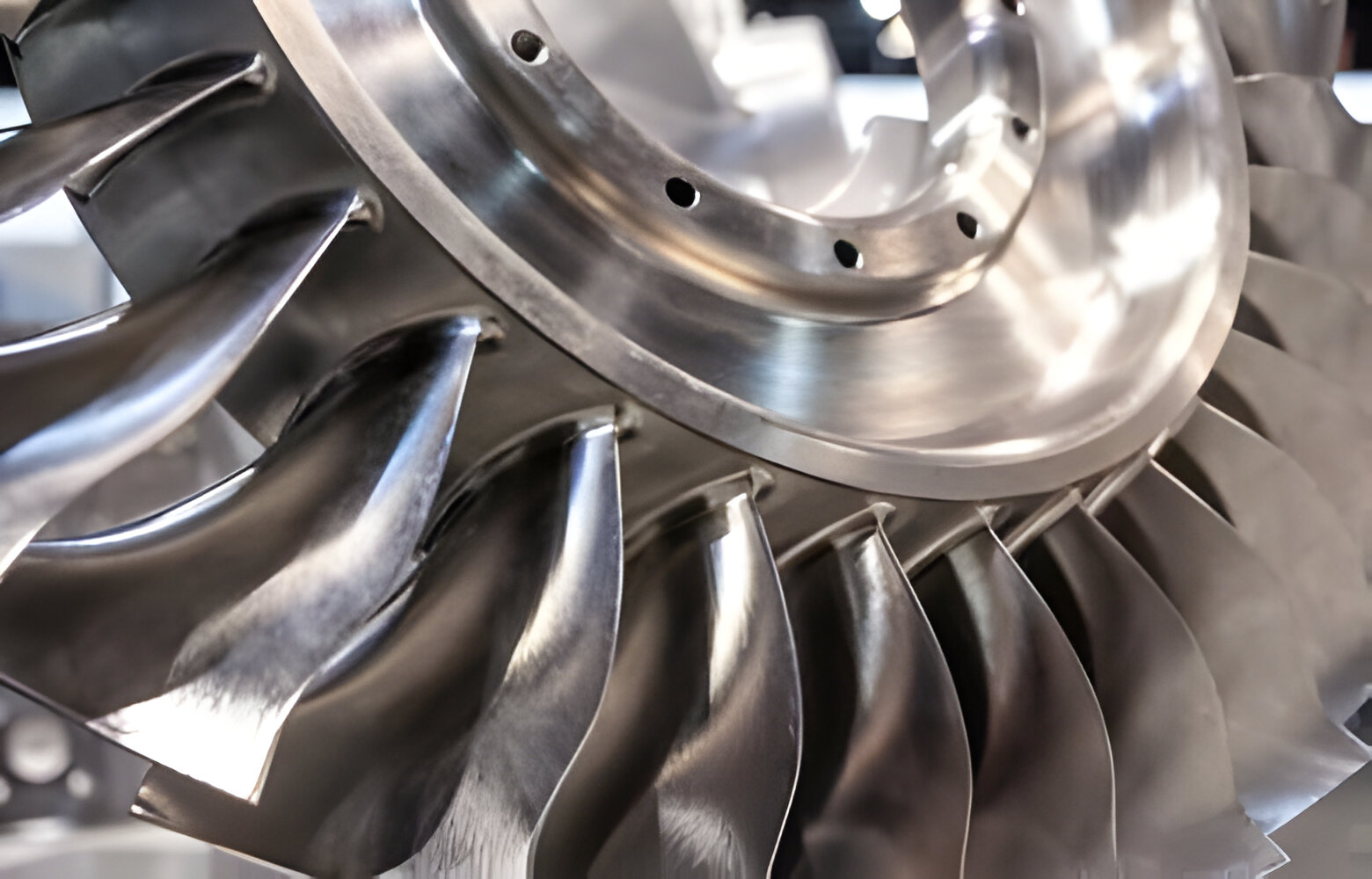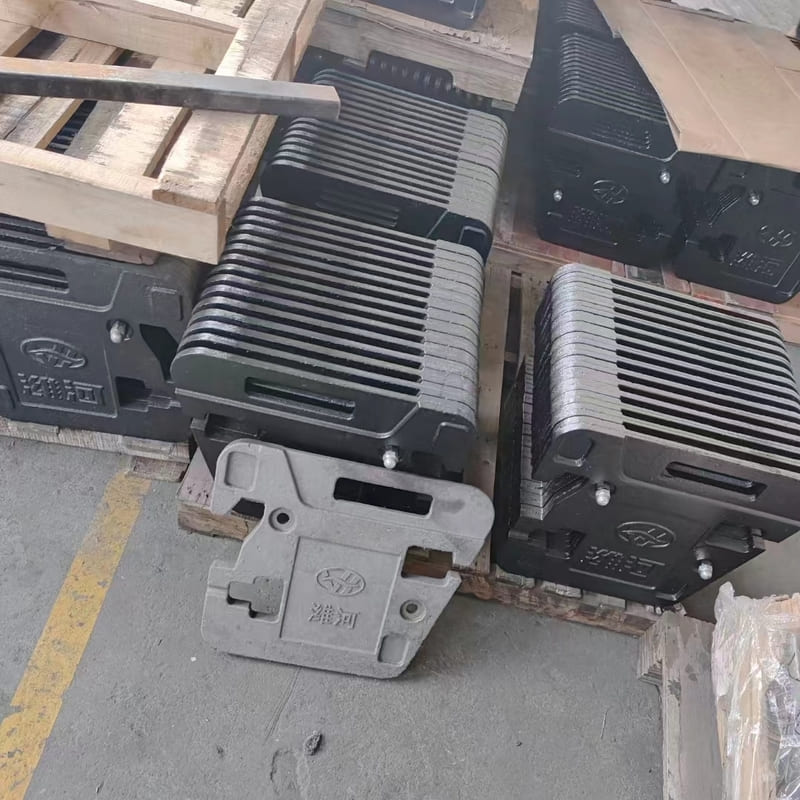Elevators are an integral part of modern urban infrastructure, facilitating seamless vertical transportation in high-rise buildings. Among the critical components ensuring the safety and efficiency of elevator systems is the counterweight. Elevator counterweights serve to balance the load of the elevator car, reducing the energy required for operation and enhancing overall performance. In this article, we delve into the significance of elevator counterweight materials, exploring their role in elevating safety standards and operational efficiency.
Elevator counterweights are designed to offset the weight of the elevator car and its occupants, ensuring smooth and controlled movement between floors. These counterweights are typically constructed using materials known for their density, strength, and durability. Common materials include concrete, steel, and cast iron, each offering distinct advantages in terms of performance and longevity.
Concrete counterweights are widely used in elevator systems due to their high density and cost-effectiveness. These counterweights are composed of specially formulated concrete mixes, reinforced with steel rods to enhance structural integrity. While concrete counterweights provide ample mass for effective counterbalancing, their bulkiness can pose challenges during installation and maintenance.
Steel counterweights offer a more compact and versatile alternative to concrete, with the ability to achieve precise weight requirements with minimal space. Steel counterweights are often fabricated using high-quality steel alloys, ensuring optimal strength-to-weight ratios and corrosion resistance. Their relatively lighter weight compared to concrete counterparts facilitates easier handling and installation, making them a preferred choice for modern elevator designs.
Cast iron counterweights represent a traditional yet reliable option for elevator systems, prized for their exceptional density and durability. Cast iron counterweights are manufactured through a process of melting and casting molten iron into molds, resulting in solid and uniform weight distributions. These counterweights boast superior resistance to wear and tear, making them well-suited for high-traffic elevator installations in commercial and residential buildings.
As the demand for sustainable building solutions continues to rise, elevator manufacturers are exploring innovative materials for counterweight construction. Advanced composite materials, such as carbon fiber-reinforced polymers (CFRP), offer compelling benefits in terms of weight reduction, energy efficiency, and environmental sustainability. CFRP counterweights combine high strength with lightweight properties, reducing the overall load on elevator systems and minimizing energy consumption during operation.
In addition to material selection, optimizing the weight distribution of elevator counterweights is crucial for maintaining operational stability and safety. Elevator engineers employ sophisticated calculations and simulations to determine the ideal weight ratio between the elevator car and counterweight. By fine-tuning this balance, elevator systems can achieve smoother rides, reduced energy consumption, and prolonged service life.
At KT Foundry, we specialize in manufacturing premium elevator counterweights tailored to the unique specifications of each project. Our extensive expertise in metallurgy and engineering enables us to deliver counterweight solutions that meet the highest standards of quality, reliability, and performance. Whether you require traditional steel counterweights or cutting-edge composite materials, we have the capabilities to fulfill your requirements with precision and efficiency.
Contact us today to learn more about our elevator counterweight products and how they can elevate the safety and efficiency of your vertical transportation systems. Trust KT Foundry for unmatched quality and innovation in elevator counterweight solutions.

